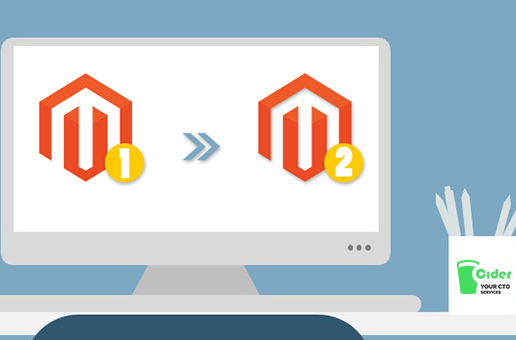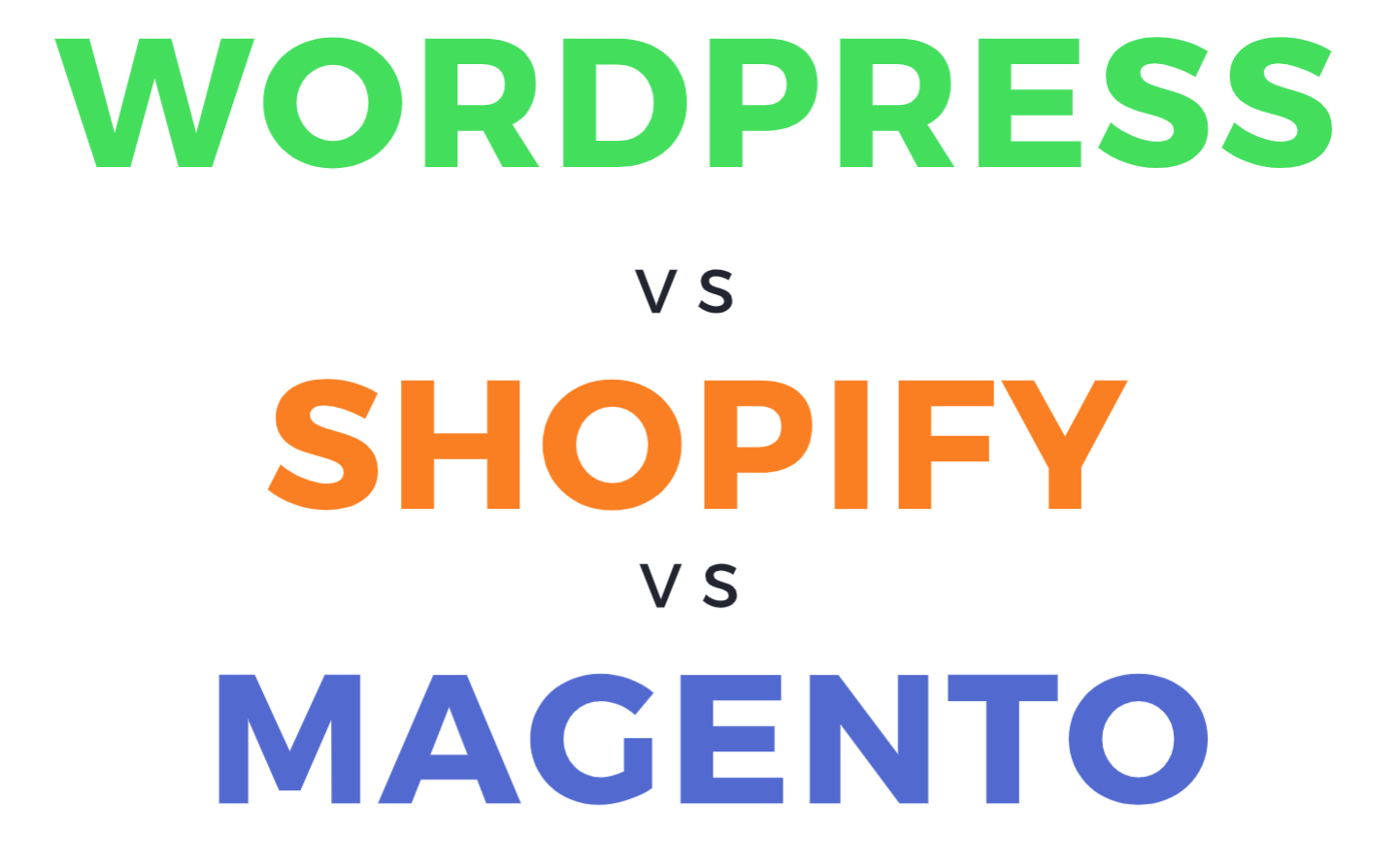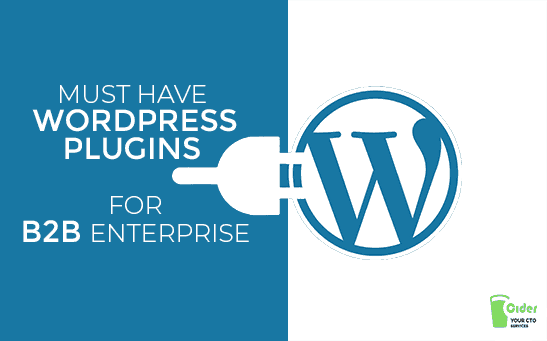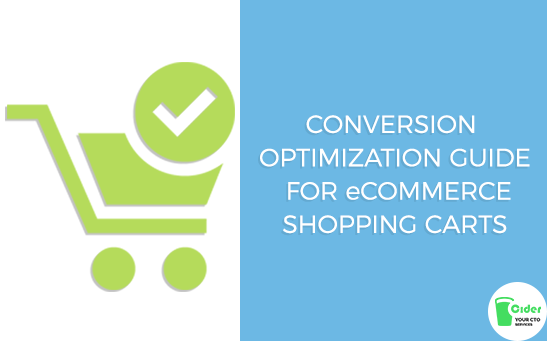“Every Enterprise Strategy Is A Digital Strategy”
Magento CEO of eCommerce platform Magento, Mark Lavelle
If you are getting ready to launch a new eCommerce website or migrate your current website, one of the first decisions you will need to make is which eCommerce platform you should choose from. The most widely-used customer management systems (CMS) are Shopify and Magento. But which one is best for your needs? This article will help you to understand the differences and decide.
WHAT IS THE DIFFERENCE BETWEEN SHOPIFY AND MAGENTO?
Magento
Up until a few years ago, there was no real choice between the two, Magento was the only platform to choose from. However, 2016 was the year in which Shopify surpassed Magento in Google Trends web searches. This is not to say that they surpassed use and adoption but established themselves as a worthy contender. 
In plain and simple terms, Magento is an open source platform that empowers developers to customize eCommerce websites in a way they desire—coding skills and a development budget are required.
Shopify
Shopify, on the other hand, is a super simple platform easy enough for the non-web developer to build and maintain, but most still choose to hire a development team for the initial build and major updates. Shopify can be customized with a variety of extensions.
Both platforms deliver outstanding results, so here’s what you need to know before you decide.
SEARCH ENGINE OPTIMIZATION
An increasing number of online shoppers begin their shopping process not by heading to a specific website, but by performing an online search. This means that you need an eCommerce platform that is initially well-optimized to search engine requirements.
Shopify
While both platforms possess this characteristic (meta-descriptions, page titles, independent links, embedding URLs, etc.), Shopify has a built in Traffic Control app that manages redirects after you build your website.
Magento
The same can be achieved with Magento, but the code would need to be built from scratch. Yes, you will still need to optimize your site with original quality content, and relevant keywords.
UNDERSTANDING PRICING
Price must be a determining factor, but not the ultimate factor in deciding between the two.
Magento may be less expensive from a monthly standpoint, you must also factor in the ongoing need for custom coding and ongoing support. Both have a variety of pricing options, to meet the needs of small startups to enterprise-grade. Magento Community Edition is free with hosting for about $60 per month, but enterprises will need to request a custom quote which can run upwards of $18,000.
Shopify has a larger variety of price points, ranging from $30 to $300 a month for low-volume, with a $49 retail package—and from 5 to 2 percent of each sale. High volume packages begin at $2,000 and custom quotes for shops with more than $10 million in sales per year.
SUPPORT
Shopify offers all their customers 24/7 customer service by chat, email, or phone.
Magento doesn’t have support, but instead an active user forum. While designers and developers are happy to help others troubleshoot, response time is not always rapid. Most who choose Magento requires a third-party host and a dedicated third-party support team to provide the 24/7.






